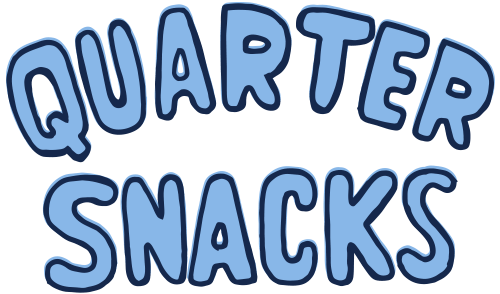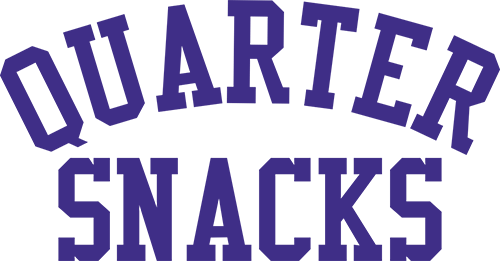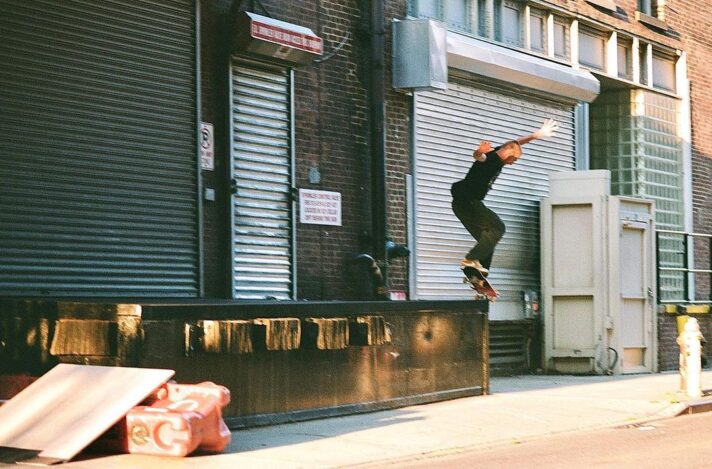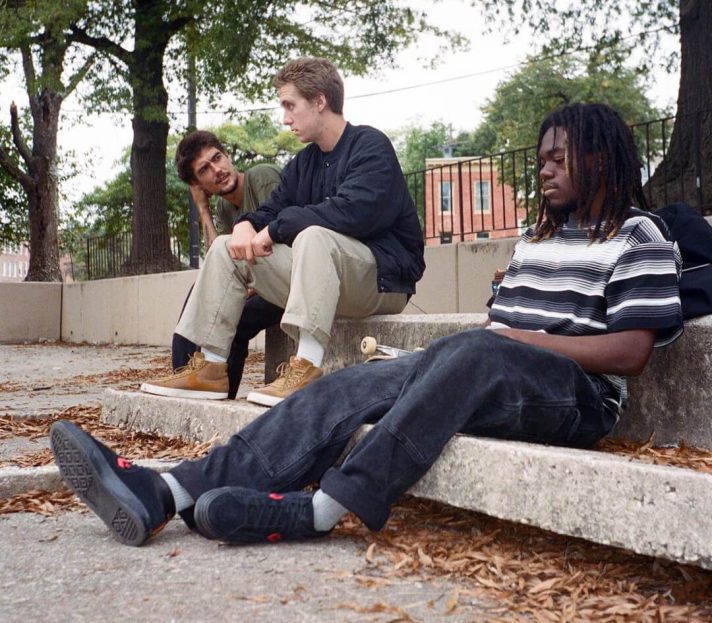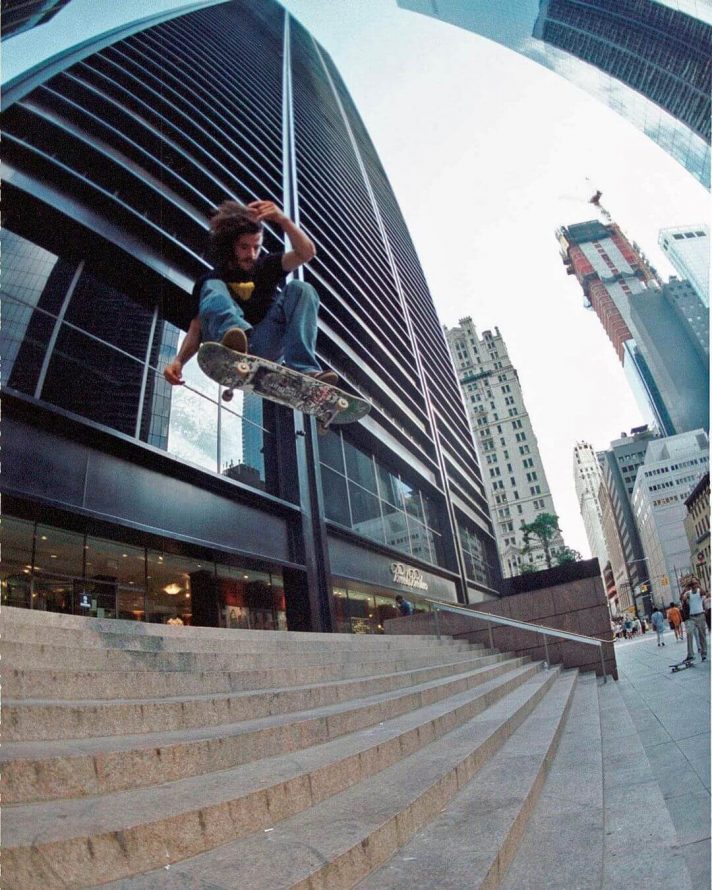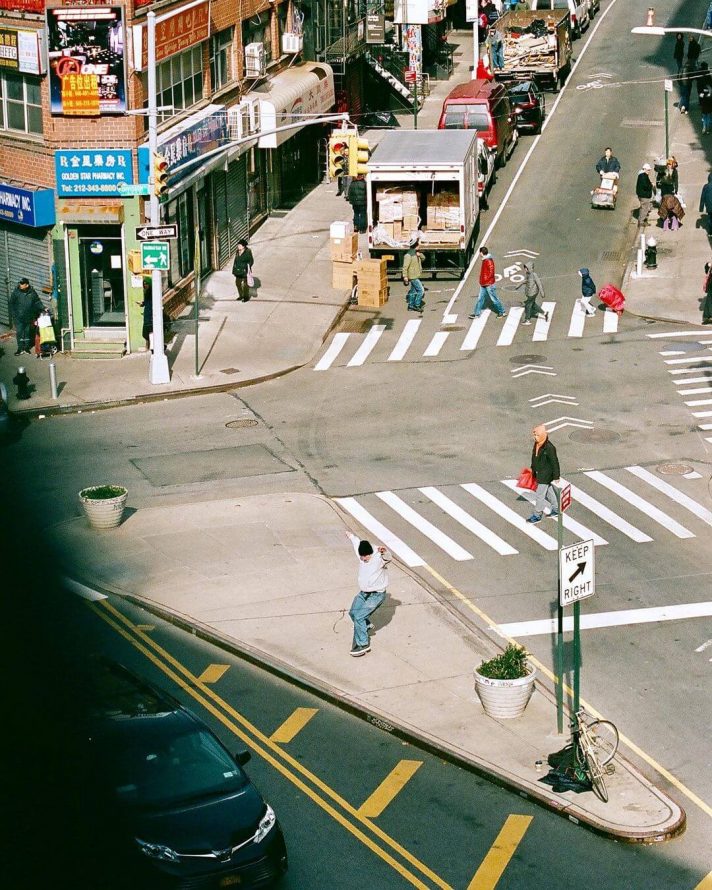Nik Stain grain by Pauly Coots 📸💞
“There also might be a slight difference in the value of technicality. I think a nollie crook means more to us out here than it may out west to you.” Heckride has a #longform interview with the man behind the lens of many of your favorite clips, Paul Young.
“Then I counted Tyshawn’s part and he only has 32 tricks in Blessed which was his S.O.T.Y. part. It made me realize that it’s not necessarily the quantity of tricks that makes a part good.” Korahn Gayle chats about some of his biggest influences for Slam City Skates’ “Visuals” series.
Can’t imagine many local residents are bummed about this, but something for the “Summer Trip to New York” video-makers to keep in mind: you’re not gonna have an easy time getting an Airbnb in New York.



